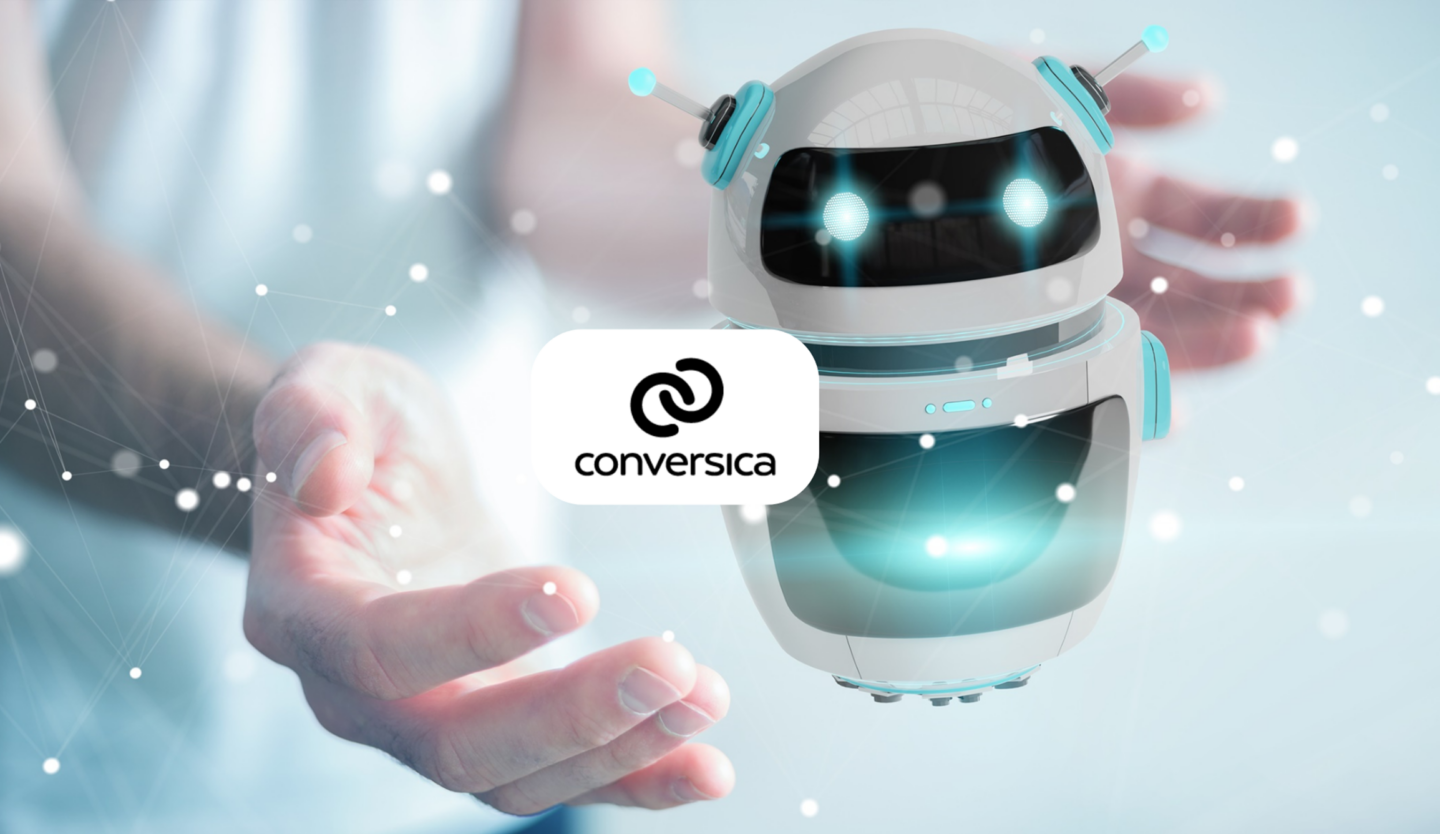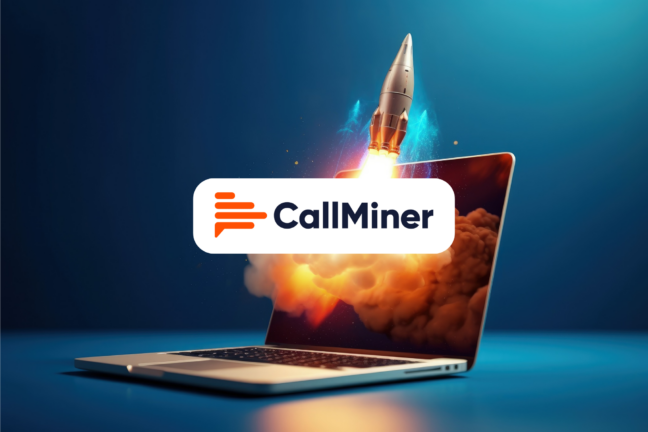Conversica has conducted a survey titled Chatbot Experience: How Satisfied Are Enterprise Buyers?, which found that although 60% of B2B buyers leverage chatbots when considering a business purchase, the chat experience fails to meet their expectations. Companies are losing potential revenue as a third of business buyers reported that the chat experience has a significant impact on their evaluations of a vendor.
The survey also found that many B2B buyers are becoming less interested in traditional chatbots because of their limited capabilities that are only useful in the early stages of interactions. Therefore, buyers are disappointed with chatbot experiences and are choosing to speak with human representatives or leave for a competitor, which can lead to negative brand associations, an increase in workload, and a loss of revenue.
"Conversica's Chatbot Experience survey illustrates the need for more advanced automated conversation experiences that go well beyond the scripted workflows of traditional mass-market chatbots. When B2B decision makers evaluate vendors leveraging their chatbot solutions, those companies must deliver powerful, human exchanges, so no revenue opportunity is lost at any point in the customer journey,” said Jim Kaskade, CEO, Conversica.
Most Buyers Find Traditional Chatbots Unhelpful
The study shows that business purchasers find chatbots unhelpful and mostly limited to early purchase stages.
-
40% of business purchasers said they would not interact with chatbots.
-
If they do interact, it is mostly in the early research phase.
“Further illustrating the point, only 11% said they have interacted with chatbots through all phases of the purchasing cycle. Traditional chatbots aren’t generating revenue, but rather, at best, are focused on simply capturing the lead’s contact information and handing it off to a human for follow-up at a future time. Traditional chatbots struggle to address your customer’s needs even in the early stages of engaging with your brand, let alone at more advanced stages,” added Kaskade.
Bad Chatbot Experience Leads to Revenue Loss
If a chatbot can’t answer a question, the customer usually gives up on the conversation.
-
About 50% try to connect with a human or send out a contact form for follow-up from a rep.
-
18% decide to find the information by themselves.
-
1 in 10 gives up and moves on to a competitor.
-
12% try to reword the question, and 7% say they’ll try again later.
With most buyers leaving a botched conversation and 10% switching to the next vendor, bad chatbot experiences have a major role in revenue loss.
Almost 80% of Buyers End a Conversation if Their Needs Aren't Met
The survey findings show that 38% of people use chatbots to get answers to a specific question, while 18% look for guidance for a solution, similar to what they expect from a salesperson in a physical store.
As many as 20% said they leverage chatbots solely to reach out to a human representative. However, even though chat-to-live agent solutions are frequently used, the issue of scalability remains.
-
79% of respondents would end a chatbot conversation if they felt that their unique needs were not addressed, 51% if they received irrelevant responses, and 28% if the chatbot provided a lack of personalization.
-
15% say that the top 3 reasons to abandon a conversation are strict options for questions.
The survey findings suggest that companies should ensure that their chatbot solutions can guide buyers through their customer journey, providing accurate information and reducing the need for human interactions.
More Than Two-thirds of Buyers Prefer Fewer Interactions
With regard to the total number of interactions, respondents mostly preferred fewer messages.
-
76% of respondents said they preferred 1 to 3 interactions, while 24% preferred 4 or more.
-
The most important aspect of the chatbot experience that affects vendor evaluation is ‘accurate responses’. (4.25 on a scale out of 6)
-
‘Relevancy’ was similarly important with 3.87 and ‘immediate responses’ with 3.81.
“Conversica’s Chatbot Experience survey demonstrates the need for more sophisticated automated conversation experiences that go well beyond the scripted workflows of traditional chatbots. When one-third of B2B buyers heavily weigh their chatbot experiences as part of their vendor evaluation processes, companies that don’t meet their needs will absolutely lose revenue opportunities,” added Kaskade.
Meanwhile, Conversica has recently introduced a new partner program to develop its global alliance network further.









